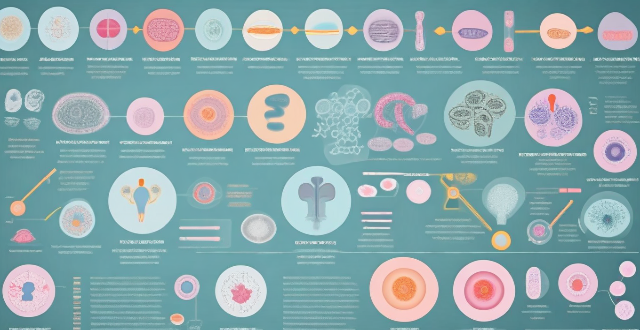This article discusses the risks associated with poor personal hygiene on health. It highlights various infections and illnesses that can occur due to poor hygiene practices, including skin infections, respiratory infections, gastrointestinal infections, urinary tract infections, sexually transmitted infections, and mental health issues. The article emphasizes the importance of maintaining good personal hygiene habits to prevent these health risks and promote overall well-being.

Introduction
Personal hygiene is an essential aspect of maintaining good health. It involves practices such as washing hands, bathing, brushing teeth, and keeping clean clothing. However, poor personal hygiene can lead to various health risks. In this article, we will discuss the risks associated with poor personal hygiene on health.
Risks Associated with Poor Personal Hygiene on Health
1. Skin Infections
Poor personal hygiene can lead to skin infections such as boils, fungal infections, and athlete's foot. These infections are caused by bacteria or fungi that thrive in warm, moist environments. Poor hygiene habits like not washing hands regularly or wearing dirty clothes can create an ideal environment for these microorganisms to grow and multiply.
2. Respiratory Infections
Poor personal hygiene can also increase the risk of respiratory infections like colds, flu, and pneumonia. Germs that cause these infections can be spread through air droplets when an infected person coughs or sneezes. If you do not wash your hands frequently or cover your mouth while coughing or sneezing, you may expose yourself to these germs and become infected.
3. Gastrointestinal Infections
Poor personal hygiene can also lead to gastrointestinal infections like diarrhea, food poisoning, and stomach bugs. These infections are caused by viruses, bacteria, or parasites that enter the body through contaminated food or water. Poor hygiene habits like not washing hands before eating or preparing food can increase the risk of contracting these infections.
4. Urinary Tract Infections (UTIs)
Poor personal hygiene can also increase the risk of urinary tract infections (UTIs). UTIs occur when bacteria enter the urinary tract and multiply, causing symptoms like pain during urination, frequent urination, and cloudy urine. Poor hygiene habits like wiping from back to front after using the toilet or holding urine for long periods can increase the risk of developing UTIs.
5. Sexually Transmitted Infections (STIs)
Poor personal hygiene can also increase the risk of sexually transmitted infections (STIs). STIs are caused by bacteria, viruses, or parasites that are transmitted through sexual contact. Poor hygiene habits like not washing genitals regularly or having unprotected sex can increase the risk of contracting STIs.
6. Mental Health Issues
Poor personal hygiene can also have negative effects on mental health. People who neglect their personal hygiene may experience social isolation, low self-esteem, and depression. This can further worsen their hygiene habits, creating a vicious cycle of poor mental and physical health.
Conclusion
In conclusion, poor personal hygiene can lead to various health risks including skin infections, respiratory infections, gastrointestinal infections, UTIs, STIs, and mental health issues. It is essential to maintain good personal hygiene habits like washing hands regularly, bathing daily, brushing teeth twice a day, and keeping clean clothing to prevent these health risks. By practicing good personal hygiene, we can protect ourselves from illnesses and maintain overall well-being.